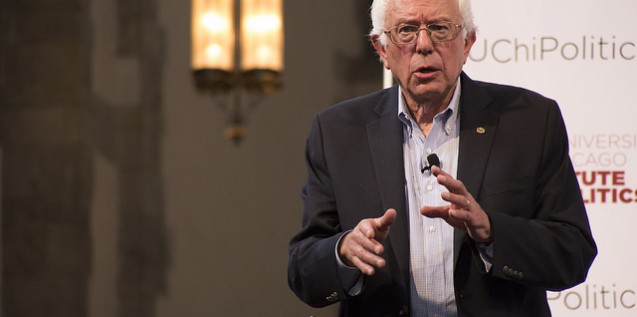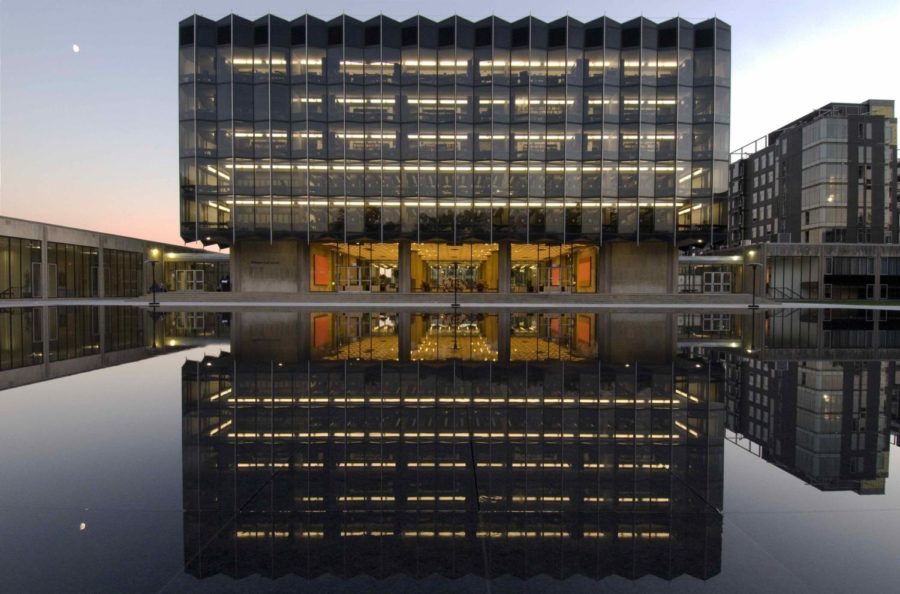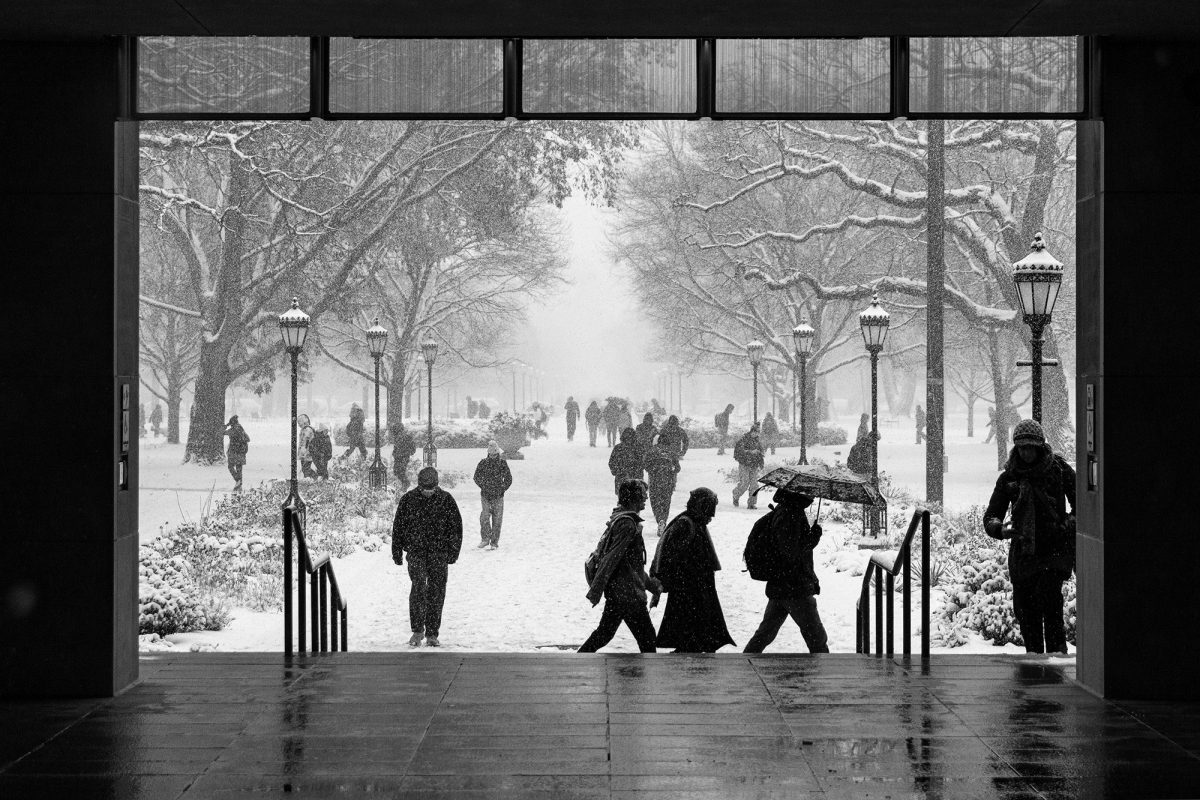Bernie Sanders (A.B. ‘64), Democratic candidate for President and independent senator from Vermont, returned to his alma mater on Monday to address a crowd of over 1,800 at Rockefeller Chapel.
He deviated from his usual campaign stump speech to deliver a message to UChicago students, many of whom had skipped class on the first day of the quarter to see him: “I think about the many, many hours that I spent in the basement of Harper Library, reading everything except the books I was supposed to read for class the next day. Don’t take that as advice—that’s not what I’m suggesting. Do better in school than I did.”
Bernie has emerged from this summer, the so-called “Summer of Sanders,” as a serious, anti-establishment threat to Hillary Clinton. Nationally and in key early-voting states like Iowa and New Hampshire, he has managed to close a once-gaping hole in the polls by energizing a base of young voters. “We need your help,” Sanders told the crowd. “We need the idealism, the energy, and the intelligence of millions of young people to join us in the fight to make America the kind of country we know it must become.”
“I learned here about democratic socialism,” Sanders said of UChicago, where he was a member of the Young People’s Socialist League and the Congress on Racial Equality. Sanders, per Institute of Politics Director David Axelrod’s introduction, led the first civil rights sit-in in the history of the University to protest the racial segregation of student housing.
Coming to a private institution from a poor family, Sanders said he struggled to adapt to what he felt was an environment of privilege. This conflict inspired his passion for wealth equality and human rights. “What I learned then, what I believe today—and it is the kernel of my political views—is that change never takes place from the top down. It always takes place from the bottom on up. It takes place when people, by the millions, sometimes over decades and sometimes over centuries, determine that the status quo—the world that they see in front of them—is not the world that should be.”
Sanders discussed the economy, pay equity, women’s rights, family and medical leave, criminal justice reform, youth unemployment, voter turnout, and climate change. He spoke extensively about campaign finance, one of his signature issues. “If any of you are interested in government, and interested in running for office—I don’t care what your views are… I want you to be able to run for office without begging millionaires for campaign contributions. That is why I strongly agree with public funding of elections.”
Pressed to fly back to D.C., Sanders only had time after his 45-minute speech to answer a few of the 30-plus students who lined up to ask him questions. During the Q&A he touched on personally influential literature, Israel-Palestine relations, disability programs, and the Koch brothers’ work for criminal justice reform. He also addressed the challenge implementing his liberal agenda will pose in such a divided Congress.
Student reactions ranged, but overall Sanders was received warmly.
Gabi Lastres, a fourth-year majoring in French and minoring in Human Rights, thinks that Clinton is the more practical choice for the nomination but likes Bernie’s ideas. “I think he’s more willing to confront a lot of the stuff that maybe won’t get brought up in the general election.”
Matthew Foldi, second-year in the College and president of College Republicans, agrees with the Senator on little but respects his belief that “Israel has the right to exist in peace and security.”
“He mentioned his support of Israel in front of what could have potentially been a very hostile audience, and I appreciated that he’s not willing to change his message no matter whom he’s speaking to,” Foldi said.
One attendee “feeling the Bern” was Eric Holmberg. “I think he’s the only one with a clear, progressive vision for America,” said Holmberg, a Class of 2018 Student Government representative who has been organizing for Sanders since arriving back on campus. “I really appreciate that he says one president can’t be the solution, that’s not the be-all-end-all; it’s got to be the people’s movement and a mass political revolution. And that’s what I’m interested in helping to build.”








